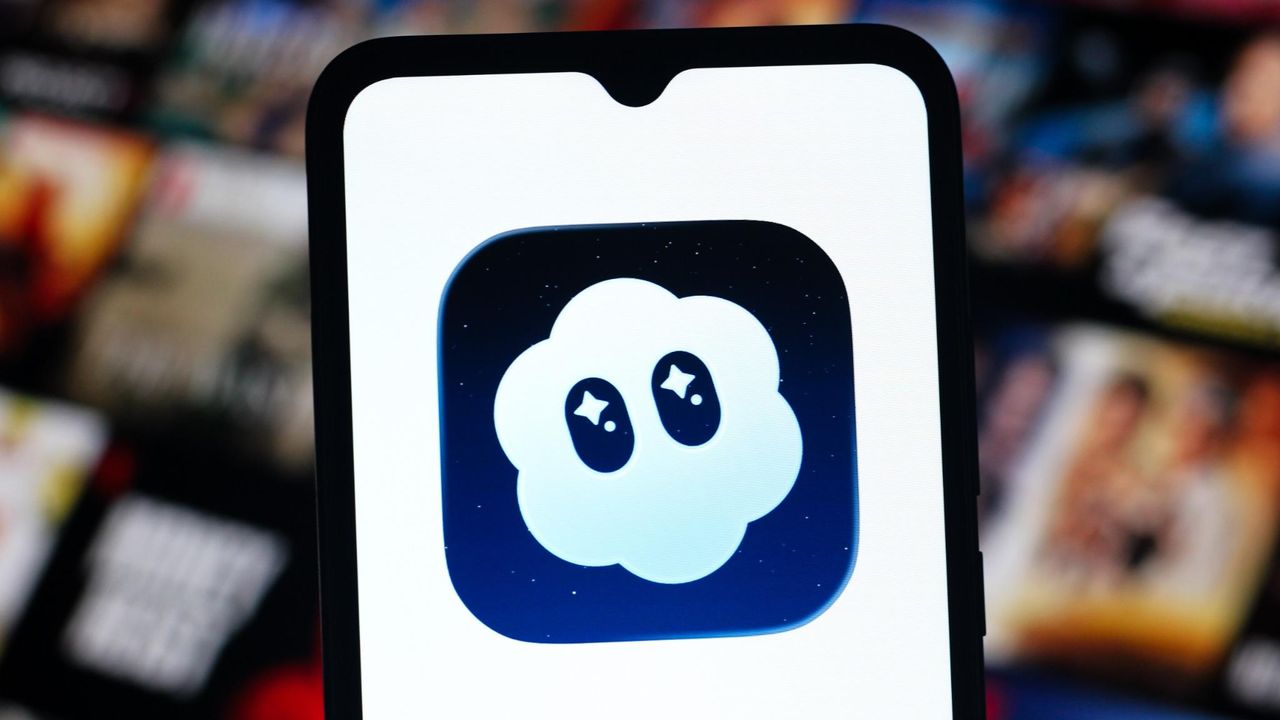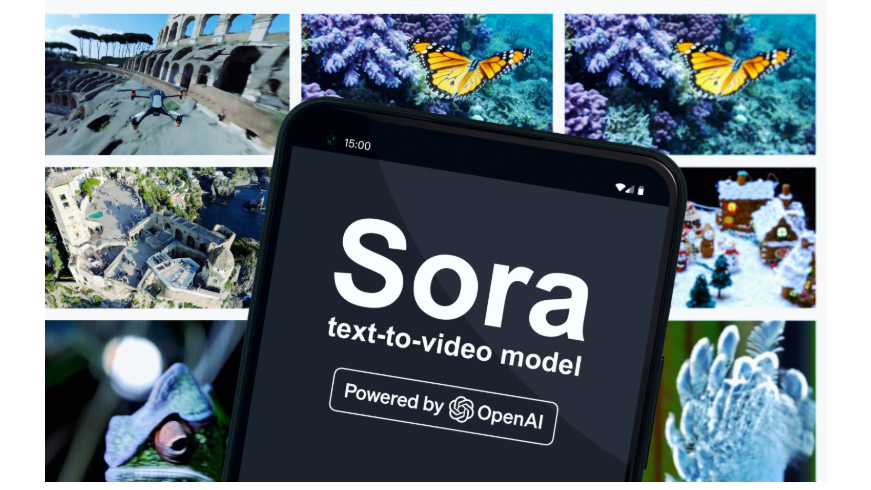
Sora 2, the latest AI video generator from OpenAI, came out just over a month ago. At first, it was only available to Apple users, but it has finally found its way onto Android devices, too.
Sora by OpenAI can be downloaded via the Play Store on Android devices. However, this is currently limited to select countries. This includes Canada, the US, Japan, Korea, Taiwan, Thailand, and Vietnam.
It is not clear when the app will then roll out to other regions. However, OpenAI has been performing a very slow rollout for Sora 2, including limited regions of the world, and using a waitlist system to reduce numbers.
That waitlist has temporarily been waived in select regions, including the US, Canada, Japan, and South Korea. That means if you’re in those regions, you’ll be able to download and use the app straight away.
Using Sora 2, you’ll be able to create hyperrealistic videos, including the ability to implement yourself into AI-generated scenes. Sora 2 stands out against its competitors for its more relaxed rules around copyright themes, such as film characters and celebrities.
How does Sora work?

Unlike other AI image generators, which tend to be built into existing chatbots, Sora 2 was launched as a standalone product.
It is designed in the style of a social media app. You can discover the creations of other users, and even restyle other videos into your own style.
This is a unique offering, only seen elsewhere in Meta’s Vibes app, which is also an AI video generator operating in the style of a social media platform.
OpenAI has faced controversy and even copyright lawsuits over the Sora 2 app. These are mostly focused on its recreations of celebrities and historical figures. Sam Altman, CEO of OpenAI, has issued a number of apologies, including to the family of Martin Luther King and to the actor Bryan Cranston.
In response, OpenAI has dialed back its rules on real-life figures. Celebrities now need to opt in for their likeness to be used on the app. Equally, more safeguards have been put in place to limit how much users can create videos with individuals who have opted out.

Follow Tom's Guide on Google News and add us as a preferred source to get our up-to-date news, analysis, and reviews in your feeds.







